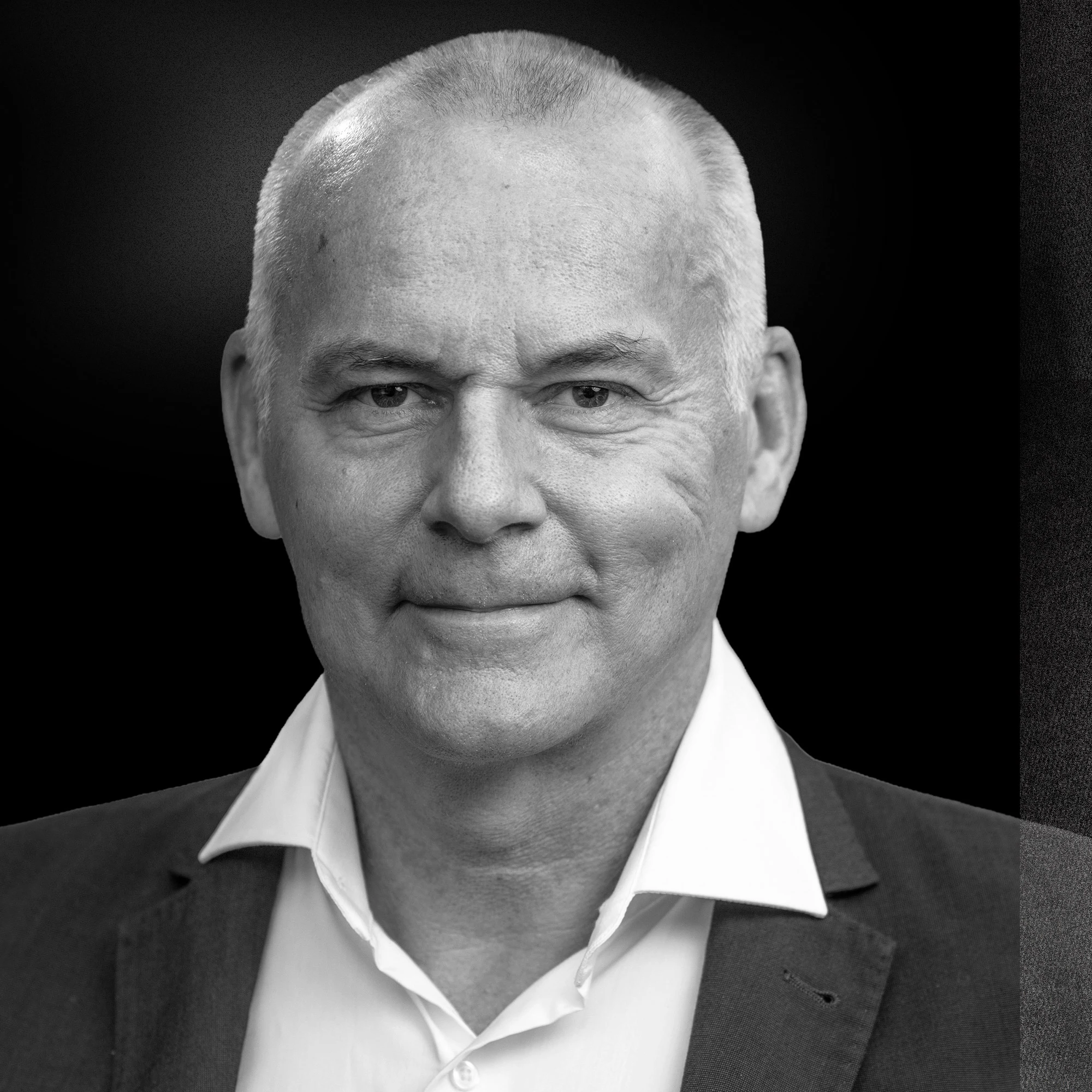This website does not use cookies. The contact form processes your information exclusively for email forwarding. Further information can be found in our Privacy Policy.

Michael Nehls is a physician, molecular geneticist, discoverer – and a man who pushes boundaries.
His career begins in basic research, where he deciphers the genetic causes of severe hereditary diseases. He publishes his findings in numerous scientific journals, three times in collaboration with Nobel laureates.
The discovery of a key gene essential for the adaptive immune system earns him recognition from the American Association of Immunologists, who honor it as a “Pillar of Immunological Research.” Yet Nehls does not stop at theory. For three years, he serves as a leading genome researcher in the United States; for eight years, he heads a Munich biotech company as research director and CEO. There he learns the language of industry and the struggle to transform knowledge into practice.
He gains broader recognition with his Alzheimer’s research: describing underlying mechanisms, developing concepts for prevention, and highlighting the role of lifestyle and molecular factors. For these achievements, the University Hospital of Rostock awards him the Hanse Prize for Molecular Psychiatry.
His latest concern goes even further: the recognition of lithium as an essential trace element for brain health, and the call for its legalization as a dietary supplement. Nehls speaks of the Lithium Conspiracy, arguing that sufficient lithium intake is indispensable yet has for decades been at least negligently, perhaps systematically, ignored. He brings this message all the way to the European Parliament, no longer appearing solely as a scientist but as a public advocate translating research into politics.
As a bestselling author, Nehls succeeds in making complex contexts accessible without losing depth. Whether in books, at conferences, or before expert panels, he combines analytical precision with narrative force. He is a researcher unafraid to bring his perhaps uncomfortable findings into the public sphere.